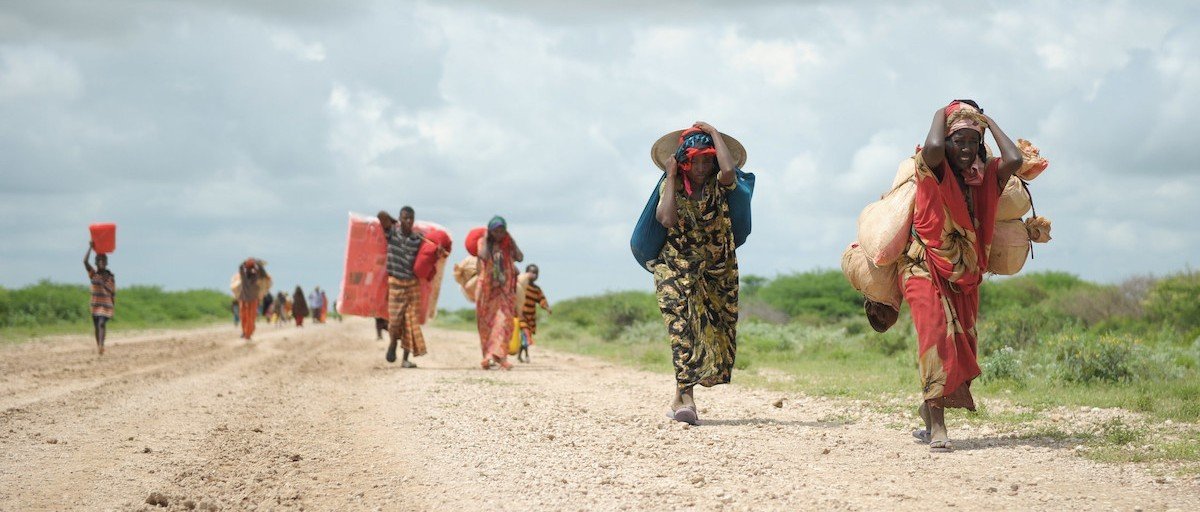A senior academic at the University of Namibia (Unam) has said a number of factors make women more vulnerable to the impacts of climate change in Namibia.
Romie Vonkie Nghitevelekwa, a senior lecturer at Unam, says social and culturally determined gender roles and responsibilities, geographical location, degrees of resilience and less adaptive capabilities are factors affecting vulnerability.
At a one-day workshop on gender and climate change at the end of March, Nghitevelekwa said this vulnerability is exacerbated by differentiation in terms of access to resources, as well as women’s limited participation in decision-making.
The workshop was part of a week-long series of stand-alone workshops and validation meetings, focusing on strengthening climate action, biodiversity conservation, land restoration and sustainable finance in Namibia. The event was hosted by the Ministry of Environment and Tourism with financial support from the United Nations Development Programme’s global Climate Promise initiative.
Nghitevelekwa said the majority of small-scale farmers in Namibia are women and recent studies indicate that women spend up to 60% of their time on agricultural work. In addition, the country’s agricultural and forest sectors are under pressure due to climate change, the arid and semi-arid environment and reliance on rain-fed agriculture.
Nghitevelekwa explained that female-headed households are less likely to perform alternative livelihoods activities outside agriculture and during drought periods, women are therefore more prone to food insecurity and less able to sell surpluses derived from agriculture.
“Forest resources and biodiversity are also under pressure from climate change. Forests remain an importance source of livelihoods in the harvesting of timber and timber products. Men and women also use forest resources differently. Women gather forest food like wild vegetables, fruits, medicinal herbs, roots and honey. Men use the forest for high value and income-generating activities,” she said.
Due to these diverse inequalities, Nghitevelekwa said women are more likely than men to be more living in poverty, exacerbated by climate-related shocks.
“They have less reserves to build after climate-related disasters, perpetuating the cycle of poverty and vulnerability. Exacerbated disparities between men and women reinforce gender inequalities,” she said.
Nghitevelekwa said it is important for the general public to understand gender’s impact on the experience of climate change.
She said gender does not only relate to “women issues” but refers to the socially constructed roles women, men and gender-diverse people play.
The workshop’s objective was to help strengthen gender responsive climate policies and programmes in Namibia, ensuring that climate action is more inclusive and equitable.
Stay informed with The Namibian – your source for credible journalism. Get in-depth reporting and opinions for
only N$85 a month. Invest in journalism, invest in democracy –
Subscribe Now!










